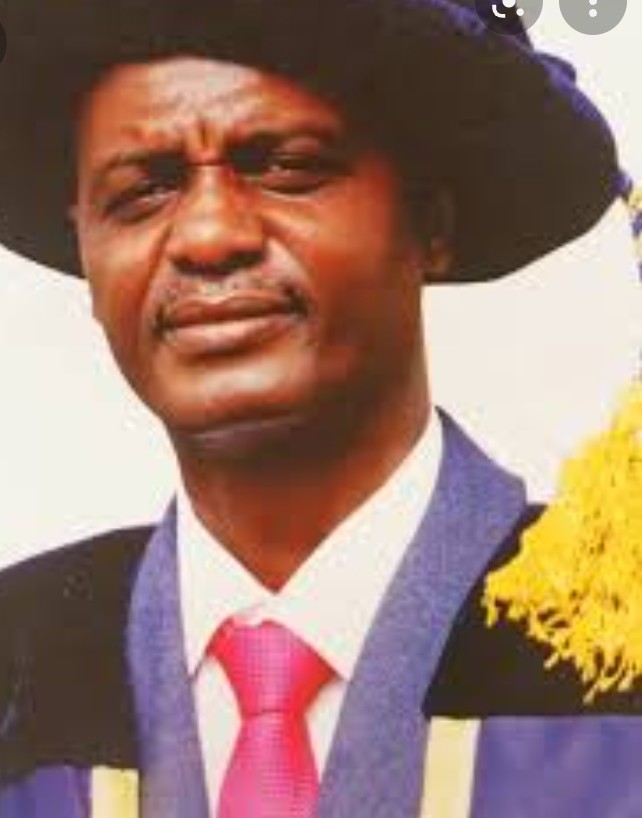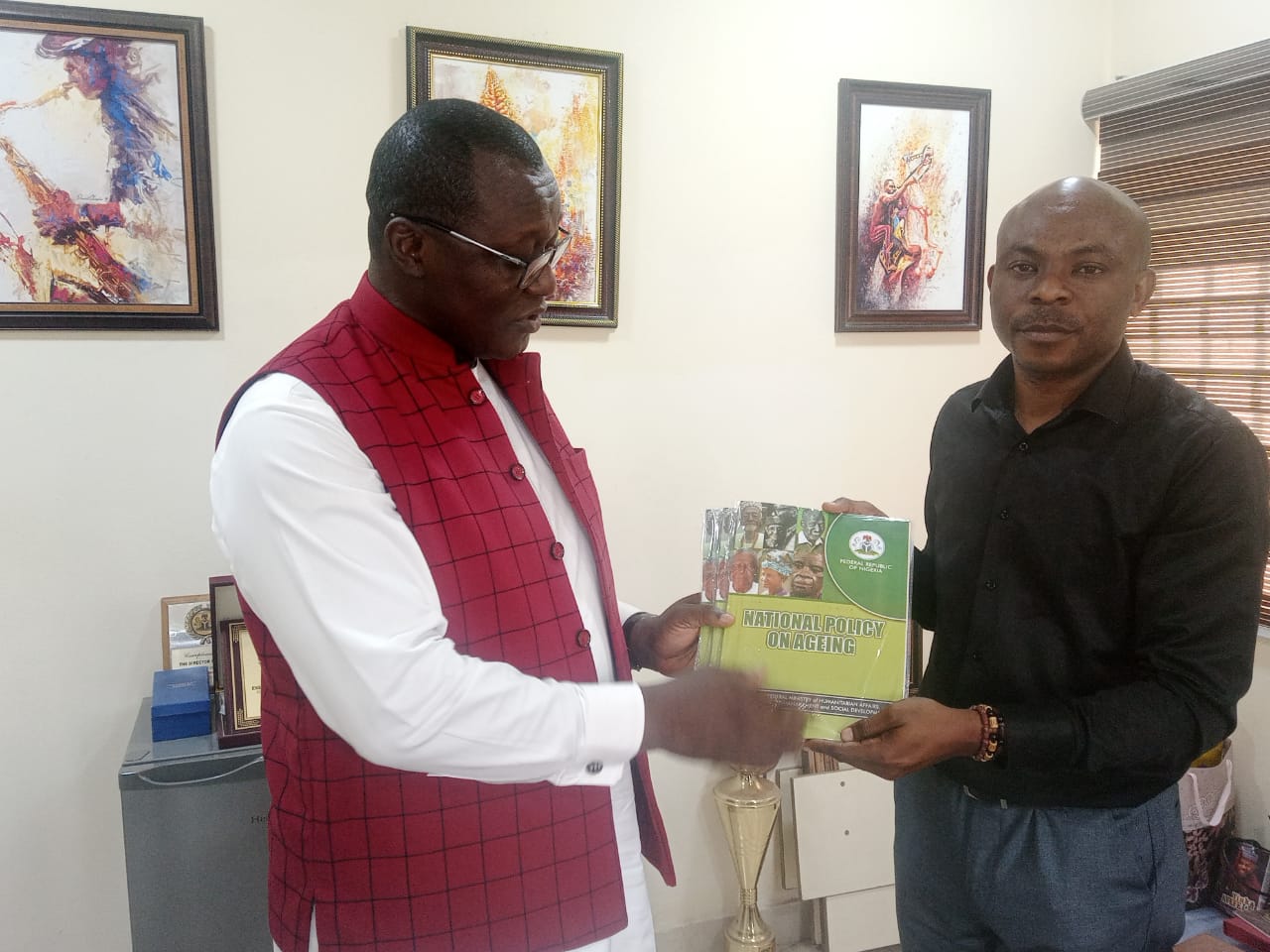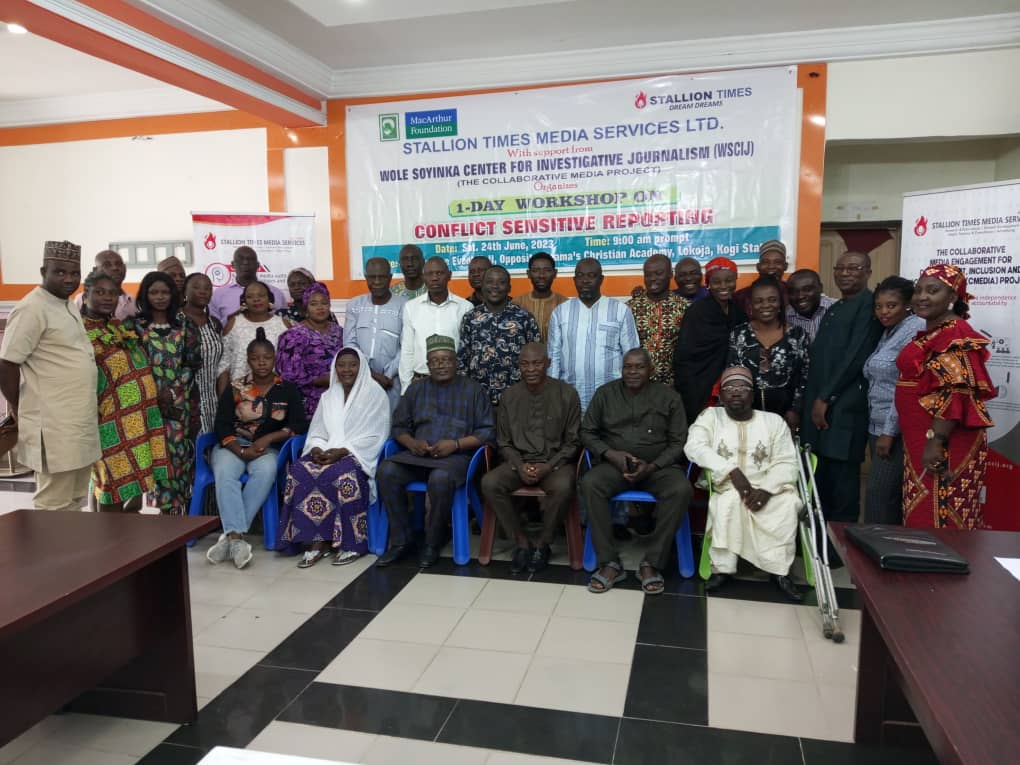By Friday Idachaba, Lokoja.
Vice Chancellor, Federal University, Lokoja (FUL) Prof. Olayemi Akinwunmi, has admonished Nigerians against using religion, ethnicity and politics to destroy the fabric and pillars that hold the people together as a nation.
Akinwunmi made the call at the Nigerian Post Newspapers Annual Lecture/Award to mark “Kogi at 31” at the NUJ Press Centre on Thursday in Lokoja.

The Professor of History said that Nigerians should always take a retrospective look at the history of Nigeria and ensure that centrifugal forces were kept at bay or avoided completely.
He likened the country to a house with historical relevance saying that he recently presented his inaugural lecture in Keffi, Nasarawa State with a title, “Before we set the house ablaze, let us consult the Oracle.”
The Oracle, according to him, is history of long peaceful co-existence and mutual economic, political and social relevance and benefits to all constituents the diversity notwithstanding.
The topic of this year’s lecture: “Governance, Leadership Re-defined: The House Must Not Fall”, is very apt when we consider what is happening in the country today.
“We must not to use ethnicity to destroy this country, we must not use religion to destroy this house we must not use ethnicity to destroy this house we must not use politics to destroy his house.
“As we talk about leadership, Nigeria is at a crossroads now. I think we should look inward to see those who are ready to satisfy us, those who will take Nigeria to the next level.
Akinwunmi held that in spite of the nation’s foibles, Nigeria would be greater saying, “I am not a prophet but I see a greater Nigeria I see a country that is ready to take decisive position in world affairs.”
Chairman of the occasion, Prof. Stephen Ocheni, former Minister of State for Labour and Productivity said that Nigerians were yearning for good governance.
He stressed that those who will be presenting themselves for election into various offices in the incoming election must come to terms with the huge expectations of the people.
Ocheni urged candidates for various leadership positions to focus and channel their capacities to the greatest priority of moving the country forward for the sustenance of the nation’s democracy.
Chairman of Kogi State Chapter of the Jama’atu Nasir’l Islam (JNI) Amb. Usman Bello, who spoke in the same vein said all hands must be on deck for the House not to fall.
He expressed optimism that Nigeria would be great again but journalists must be allowed, encouraged and supported to do their job to help in sustaining the country’s democracy.
Earlier in his opening remarks, Mr Mike Abu, the Publisher and Editor-in-Chief of the Nigerian Post Newspapers said the theme of the lecture was deliberately coined to suit the prevailing economic and political situation in the country.
He said that Kogi State would be 31 years old in few days (August 27) and though it’s growth does not commensurate with its age, the “House” should not be pulled down.
He said that against misplaced insinuations, the state Governor, Alhaji Yahaya Bello had done much and was still doing much in development touching critical sectors like, Security, Health, Education, Roads among many others.
Abuh said that the other arm of the lecture which was presentation of awards to deserving individuals including the governor was aimed at recognising excellence, performance and to spur the recipients to do more.
Highlight of the occasion was the presentation of the awards to 23 recipients including the Gov. Bello, Prof. Ocheni; Kogi Poly Rector, Dr Usman Ogbo, NASS members, Ibrahim Shaba and Leke Abejide among many who had touched lives at various levels and times. (Ends)




